Oil pan gasket sealant?
Moderator: Moderators
I have ruled out the sump gasket after looking last week, I don't think it's the rear main seal. When I lay under and look up I can see oil drops on the rear ends on the heads where it has run, plus with now finding it on top of the engine it has to be the rocker gaskets.
I'm finding if car is just sat ticking over, no visible leak. Driving around town gentle ish, no visible leak but oil dropping off flywheel cover. Driving hard/motorway speeds, oil seemingly everywhere.
I'm finding if car is just sat ticking over, no visible leak. Driving around town gentle ish, no visible leak but oil dropping off flywheel cover. Driving hard/motorway speeds, oil seemingly everywhere.
-
MilesnMiles
- Posts: 7309
- Joined: Fri Nov 04, 05 8:40 pm
- Location: Cornwall
- latil
- Posts: 12076
- Joined: Tue Feb 01, 05 10:37 pm
- Location: Steve Pearson MMA/014. East Grinstead and Carmarthen.
Oil pressure switches,if you have one sometimes fail allowing oil between the the centre and outer. Check each end under manifold too,common leak area.
1965 Belvedere 2 426 Wedge.
Climate change,global warming,the biggest tax raising scam ever devised by man for mankind.
Motivating Our People,Accelerating Rapidly.
Climate change,global warming,the biggest tax raising scam ever devised by man for mankind.
Motivating Our People,Accelerating Rapidly.
What is oil pressure fitting or switch?
The pipe to my aux pressure gauge has just been replaced with a copper pipe and is good with no leak.
I have not checked the valley gasket as yet. Is that a heads off job? If so may be above my skill (bottle) level. Thinking about it most car things are, hence all the daft questions
The pipe to my aux pressure gauge has just been replaced with a copper pipe and is good with no leak.
I have not checked the valley gasket as yet. Is that a heads off job? If so may be above my skill (bottle) level. Thinking about it most car things are, hence all the daft questions
-
MilesnMiles
- Posts: 7309
- Joined: Fri Nov 04, 05 8:40 pm
- Location: Cornwall
XP, I'm not a big block guy so you may need better advice. Anyway, the valley gasket sits below the inlet manifold, literally in the V between the cylinder heads (which don't need to come off, you'll be pleased to know!) and can leak.
If yOur pressure gauge sender is new and good, there ain't much left up top to leak;valley pan or rocker covers. Not a big job.
If yOur pressure gauge sender is new and good, there ain't much left up top to leak;valley pan or rocker covers. Not a big job.
If you have ruled out the sump and main seal (which is good!!) then there are a number of other places where oil is likely to leak on a Big Block.
1) Rocker Boxes - as the engine tilts backwards the oil often runs out of the rear of the rocker boxes and down the back of the block and onto the bell housing.
This is an easy visual check or wipe down with a rag / paper towel to prove.
2) Valley pan - as the engine tilts backwards the oil often runs out of the rear of the valley pan where is meets the block (under the 3 bolt strap) and down the back of the block and onto the bell housing.
This is an easy visual check or wipe down with a rag / paper towel to prove.
3) Valley Pan - FRONT - it can still leak from the front of the valley pan by the 3 bolt steel strap and near the dizzy, this tends to happen at higher revs, but is less likely to give your symptoms.
This is an easy visual check or wipe down with a rag / paper towel to prove.
4) Fuel pump on Right hand side - held by 2 bolts and has a gasket but not unknown to leak there - again at higher speed - and spray backwards, your alternator masks this but look for oil in that area and then running down the side of the block.
5) Rocker box breathers - but this should be obvious....
6) Pressure switch on the back of the block, but you say this is Ok.
7) Rear gallery plugs - VERY unlikely....
8) Rear Cam bearing cover plug - VERY unlikely...
7 & 8 are engine / gearbox out jobs.....
Also a mate of mine actually had oil leaking out from the head gasket area (motor ran fine and had no water loss) and when this was stripped it was found the block deck had ridges that the gasket could not seal....very strange and VERY unlikely.
You just have to work around it in a methodical manner or buy a bigger drip tray.
These old motors (and now many new cars) use a lot of oil to lubricate rings / bores, etc so do not be surprised at high oil consumption levels. Also valve guides, etc are not close tolerances by modern standards so you could have oil blow by there...
Remember a little spilt oil will go a very long way, you are probably leaking less in volume than you think and may be consuming it.....
1) Rocker Boxes - as the engine tilts backwards the oil often runs out of the rear of the rocker boxes and down the back of the block and onto the bell housing.
This is an easy visual check or wipe down with a rag / paper towel to prove.
2) Valley pan - as the engine tilts backwards the oil often runs out of the rear of the valley pan where is meets the block (under the 3 bolt strap) and down the back of the block and onto the bell housing.
This is an easy visual check or wipe down with a rag / paper towel to prove.
3) Valley Pan - FRONT - it can still leak from the front of the valley pan by the 3 bolt steel strap and near the dizzy, this tends to happen at higher revs, but is less likely to give your symptoms.
This is an easy visual check or wipe down with a rag / paper towel to prove.
4) Fuel pump on Right hand side - held by 2 bolts and has a gasket but not unknown to leak there - again at higher speed - and spray backwards, your alternator masks this but look for oil in that area and then running down the side of the block.
5) Rocker box breathers - but this should be obvious....
6) Pressure switch on the back of the block, but you say this is Ok.
7) Rear gallery plugs - VERY unlikely....
8) Rear Cam bearing cover plug - VERY unlikely...
7 & 8 are engine / gearbox out jobs.....
Also a mate of mine actually had oil leaking out from the head gasket area (motor ran fine and had no water loss) and when this was stripped it was found the block deck had ridges that the gasket could not seal....very strange and VERY unlikely.
You just have to work around it in a methodical manner or buy a bigger drip tray.
These old motors (and now many new cars) use a lot of oil to lubricate rings / bores, etc so do not be surprised at high oil consumption levels. Also valve guides, etc are not close tolerances by modern standards so you could have oil blow by there...
Remember a little spilt oil will go a very long way, you are probably leaking less in volume than you think and may be consuming it.....
Pete Wiseman; Cambridge.
Mopar by the grace of God
Mopar by the grace of God
Hi Pete, thank you for the detailed reply.
I cannot see a pressure switch on the rear of my block, or should say I have not found it yet. On the top at the rear it has the pipe for the aux oil pressure coming out. This is dry and the area around it.
Some areas of where the rocker gasket seems wet and others dry.
The valley pan itself always seems wet and the plate with three bolts at the rear does. As I look past this the bell housing is wet running off to the passenger side. But the rocker seems dry at this part.
Putting this together I'm thinking I may have leaks on the valley pan and the rockers?
I got some oil wipes and am trying to clean it all up to have a better look.
What (if any) sealant do you use on the rocker covers? Is any used on the valley pan?
I cannot see a pressure switch on the rear of my block, or should say I have not found it yet. On the top at the rear it has the pipe for the aux oil pressure coming out. This is dry and the area around it.
Some areas of where the rocker gasket seems wet and others dry.
The valley pan itself always seems wet and the plate with three bolts at the rear does. As I look past this the bell housing is wet running off to the passenger side. But the rocker seems dry at this part.
Putting this together I'm thinking I may have leaks on the valley pan and the rockers?
I got some oil wipes and am trying to clean it all up to have a better look.
What (if any) sealant do you use on the rocker covers? Is any used on the valley pan?
Some photos of what I have,
Drivers side (I got excited and pulled the covers off).
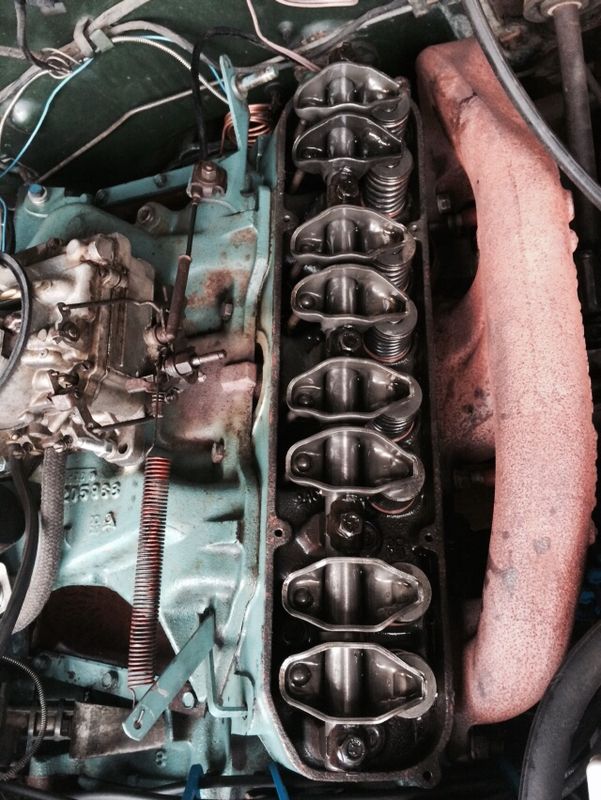
Close ups of where intake/valley pan/head meet
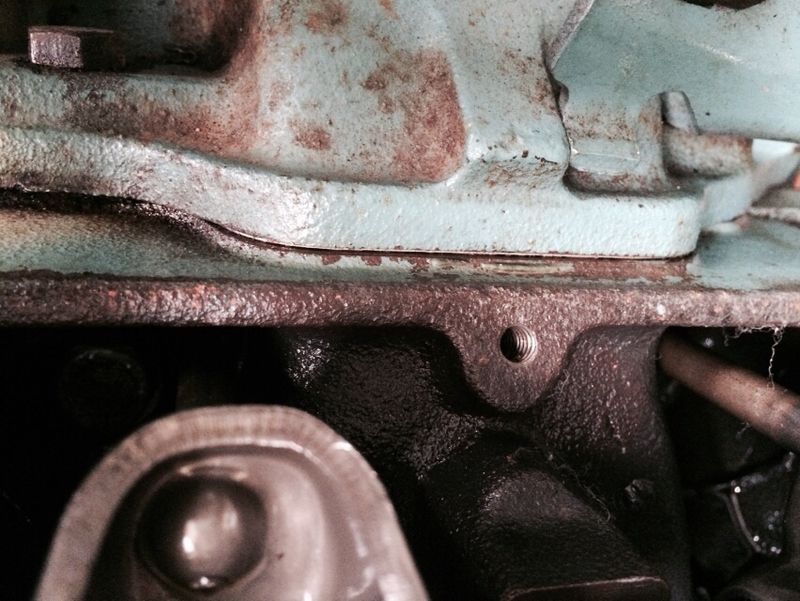
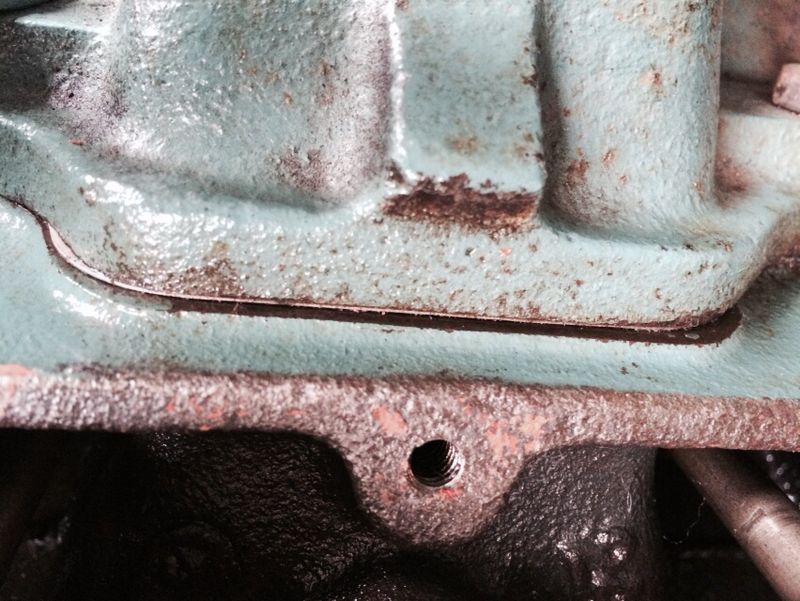
Rear of engine, valley pan always appears wet. The area below where the copper pipe for aux gauge is bone dry, but then bell housing on pass side is wet.
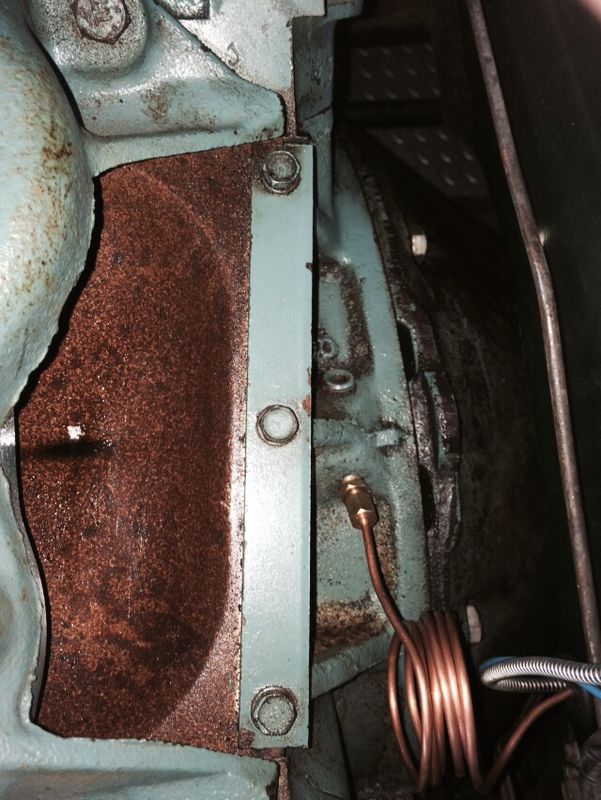
I just gave the three bolts each end of the valley pan a nip up. I'm thinking if I run a bead of Loctite black silicone on each side of the rocker gaskets and see how I get on? If I can seal those and I do have a valley pan leak I can pull that later. Need car for Friday for the Nats see
Drivers side (I got excited and pulled the covers off).

Close ups of where intake/valley pan/head meet


Rear of engine, valley pan always appears wet. The area below where the copper pipe for aux gauge is bone dry, but then bell housing on pass side is wet.

I just gave the three bolts each end of the valley pan a nip up. I'm thinking if I run a bead of Loctite black silicone on each side of the rocker gaskets and see how I get on? If I can seal those and I do have a valley pan leak I can pull that later. Need car for Friday for the Nats see
The valley pan just uses sealer, no gaskets. I'd change it, it's an easy job. Treat yourself to some rubber valve cover gaskets, flatten out the bolt holes on the covers if they are dimpled inwards, evo stick the gaskets to the covers and leave 'em overnight. Fit the covers dry and don't over tighten, that should sort it.
“It’s good enough for Nancy”
I had some cork gaskets in already so got the covers off and cleaned them up. They looked pretty straight (hopefully!). I have run some of the Loctite sealant on the covers, fitted the gaskets plus run sealant on other side of gasket and re fitted them. The sealant says its for this kind of thing and is good up to 220deg C. I'm going to leave it over night to set and try car tomorrow if it's still not Bananarama! it down.
I'm going to pick up some rubber gaskets so I have some in for just in case.
With the valley pan I'm guessing it's just carb and intake off plus coil out of way then just those three bolt strips each side to change it?
Will I need a different type of sealant for that as its fuel going near it? This Loctite stuff says not to use on fuel.
I'm going to pick up some rubber gaskets so I have some in for just in case.
With the valley pan I'm guessing it's just carb and intake off plus coil out of way then just those three bolt strips each side to change it?
Will I need a different type of sealant for that as its fuel going near it? This Loctite stuff says not to use on fuel.
Thanks for that Mick. Is this the Hylomar stuff you use?
Regards the age of the valley pan. The engine was rebuilt in 1996, put in the car but was never finished off and fired up. It sat like this till 2014 when I was shipped over here, sold to the guy I bought it from who got it finished and running. So it's only done about 2-3000 miles since being installed, but that was 19-20 years ago. I found these photos on the net from the advert for the car when it came here,
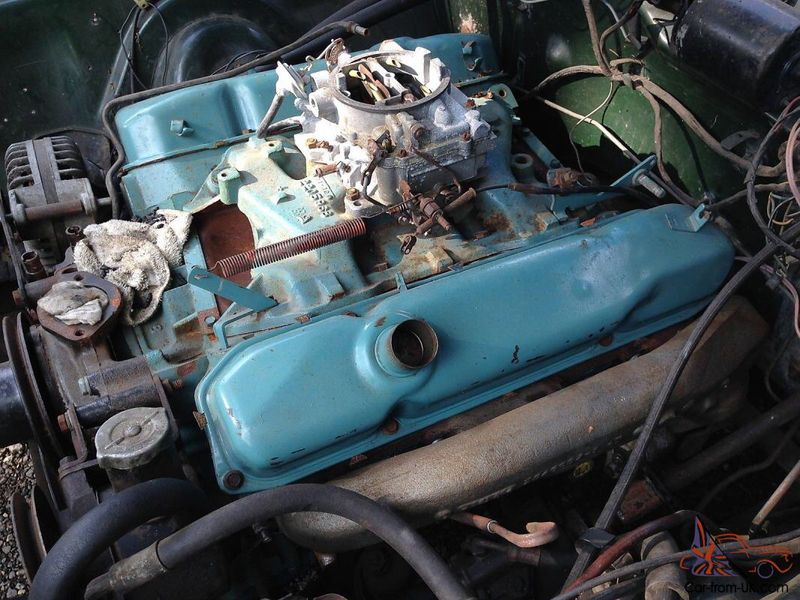
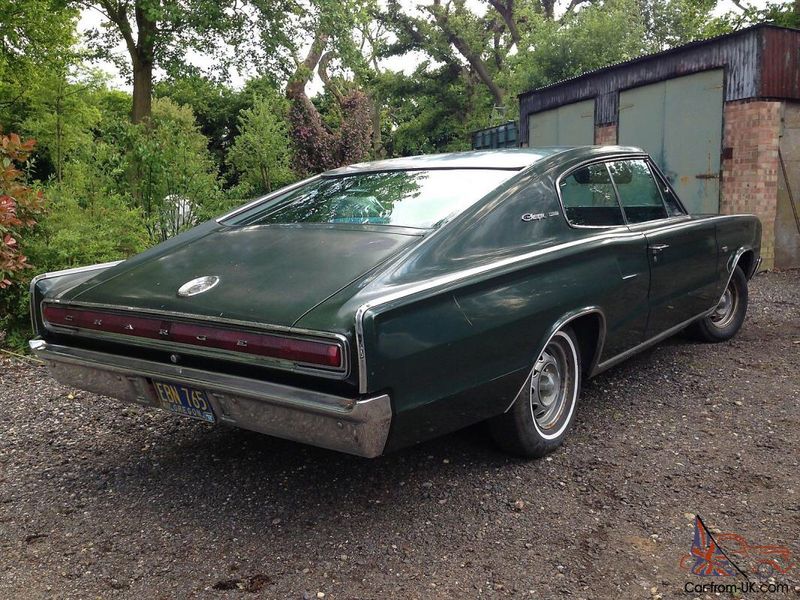
Regards the age of the valley pan. The engine was rebuilt in 1996, put in the car but was never finished off and fired up. It sat like this till 2014 when I was shipped over here, sold to the guy I bought it from who got it finished and running. So it's only done about 2-3000 miles since being installed, but that was 19-20 years ago. I found these photos on the net from the advert for the car when it came here,

